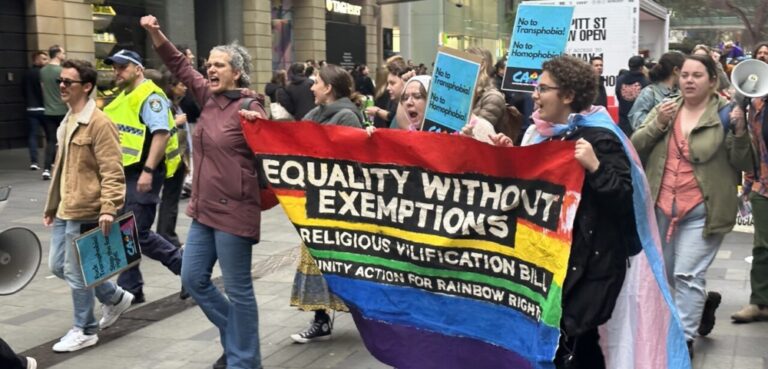
New vilification laws in NSW to protect all LGBTI people
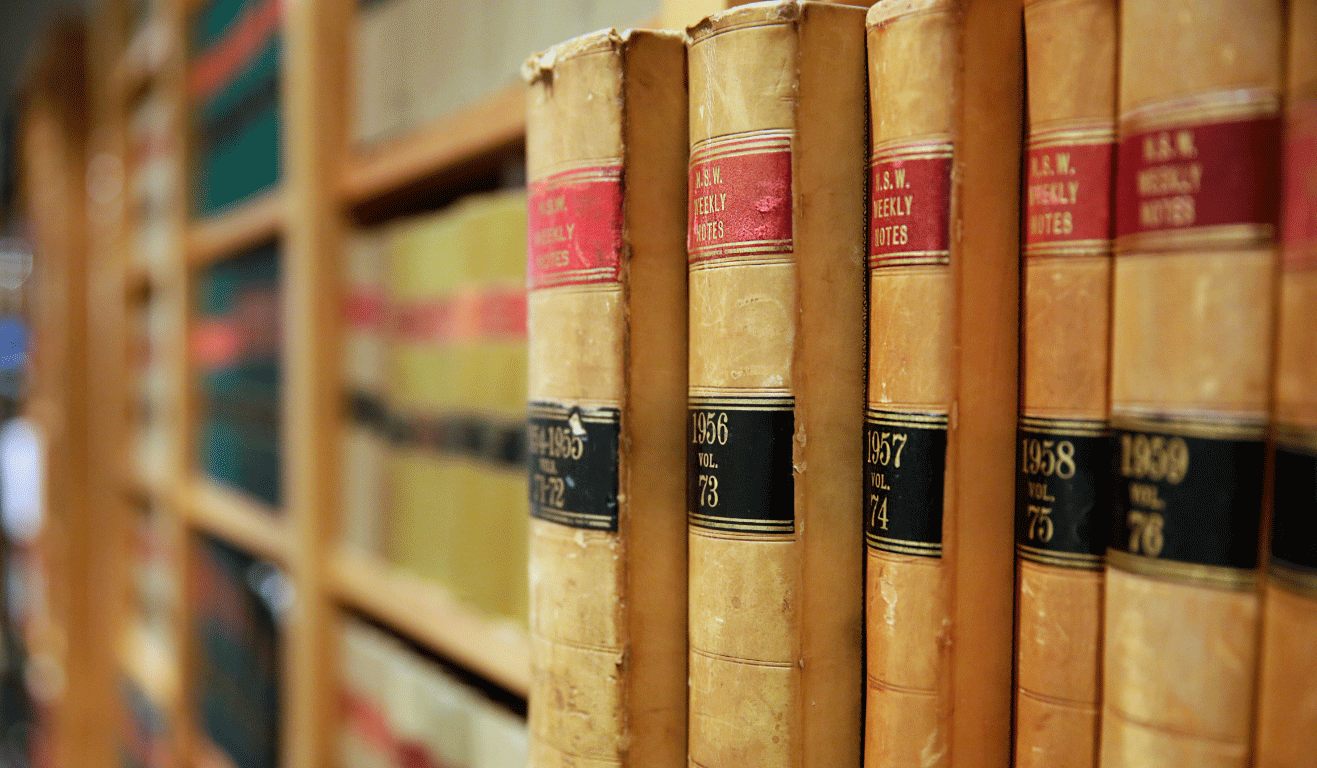
Activists have welcomed a New South Wales government move toward strengthening protections for LGBTI communities in the state.
The Crimes Amendment (Publicly Threatening and Inciting Violence) Bill 2018, which passed this week, will protect minorities including LGBTI people from vilification.
“The limited coverage offered by the previous NSW anti-vilification framework was in clear need of reform, and this bill presented a strong opportunity for the government to make it clear that vilification in NSW under no circumstance is acceptable,” said Lauren Foy of the NSW Gay and Lesbian Rights Lobby (NSW GLRL).
“This is a reform process NSW GLRL have worked very closely on for many, many years.”
Foy said the group had worked closely with others in lobbying for the change, including the Keep NSW Safe alliance, politicians, and community members.
The new legislation will create a new offence in the Crimes Act of publicly threatening or inciting violence against people on the grounds of race, religious affiliation, sexual orientation, gender identity, sex characteristics or HIV/AIDS status, including a maximum penalty of three years imprisonment and a fine of $11,000.
This means that any form of communication or conduct observable by the public, as well as the distribution or dissemination of any matter, will become illegal if it vilifies those groups.
NSW GLRL said they are encouraged by the new reforms and congratulated the Attorney General on progressing the work.
The group called it a welcomed step in the right direction for many communities in New South Wales, and noted that the legislation will now provide protection for bisexual people and people with intersex variations, bringing the state into line with the Commonwealth and other states and territories.
However, they said that exemptions relating to discriminatory acts that are permitted or necessitated by legislation still remain in the state’s anti-discrimination laws.
“NSW GLRL believes that the groundswell of support is moving in the direction of removing the last bastion of remaining discriminations against LGBTI Australians in New South Wales,” said Foy.
“We also note the hurtful, vitriolic debate regarding the survey on changes to the Marriage Act (Cth), the contributions of some religious bodies to the No debate, and the negative impact that this debate had on LGBTI Australians living in New South Wales.
“NSW GLRL support the proposal to hold all people, including religious bodies, more accountable for their actions and the effect that their actions have on LGBTI people living in New South Wales.
“Just as these laws protecting identified groups from threats of violence are important to securing the safety of the New South Wales communities, laws and principles of non-discrimination are also paramount to demonstrate the government’s commitment to protecting our diverse and vibrant communities for the benefit of all New South Wales residents.”
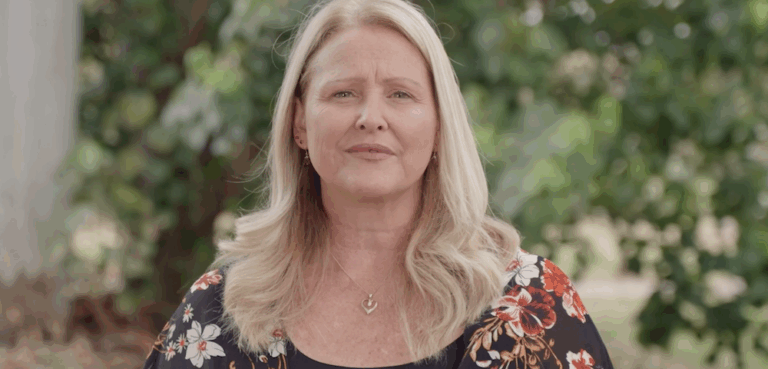
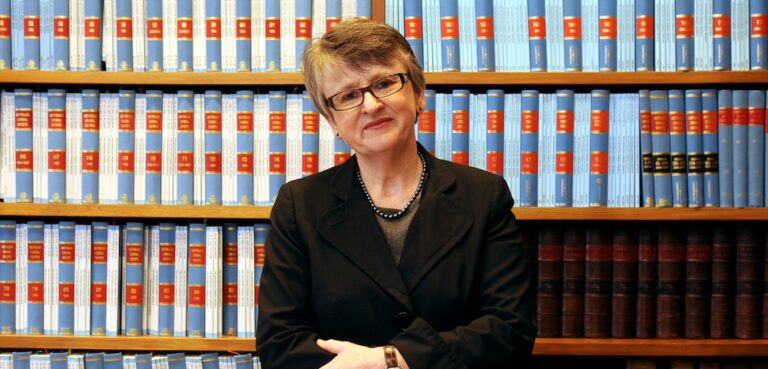
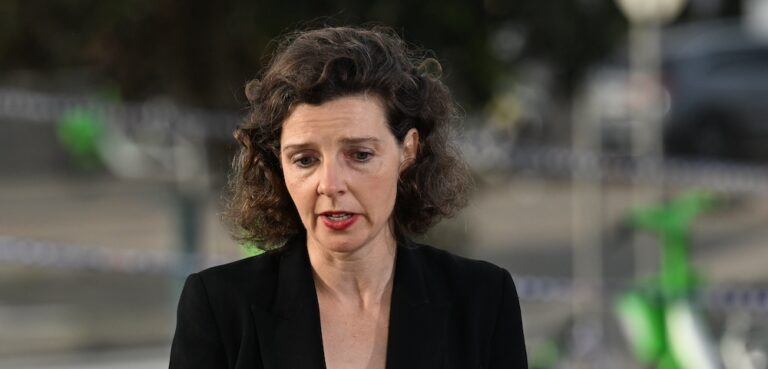
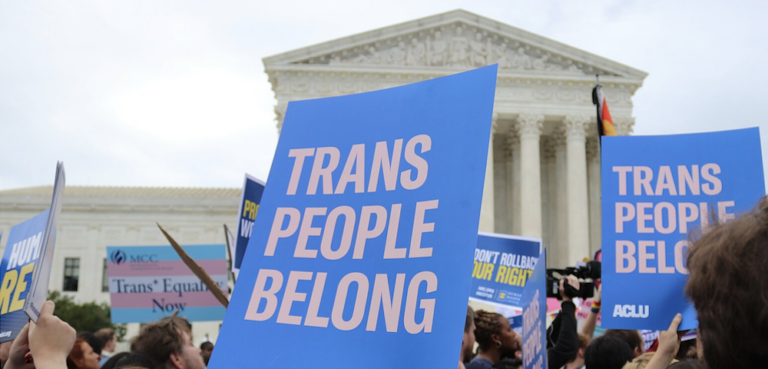
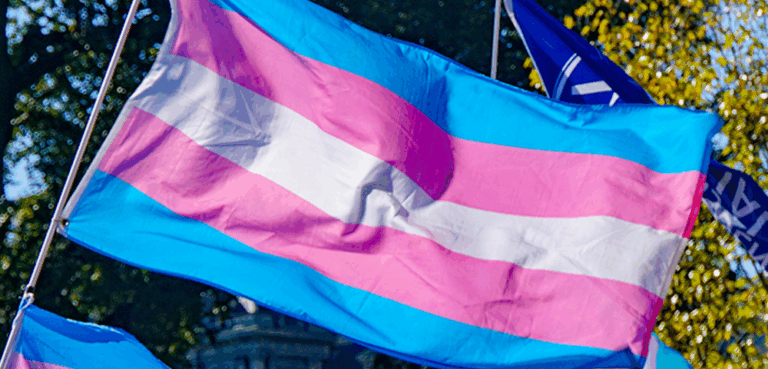
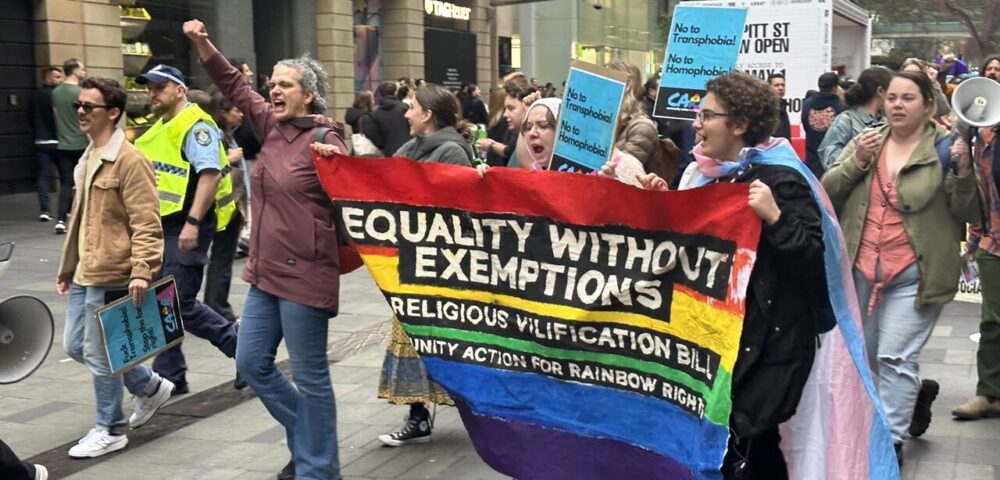
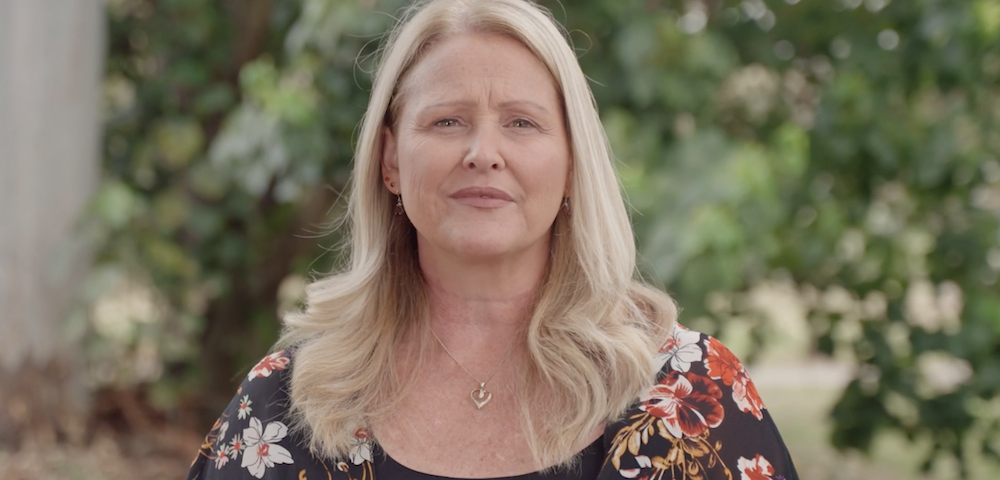
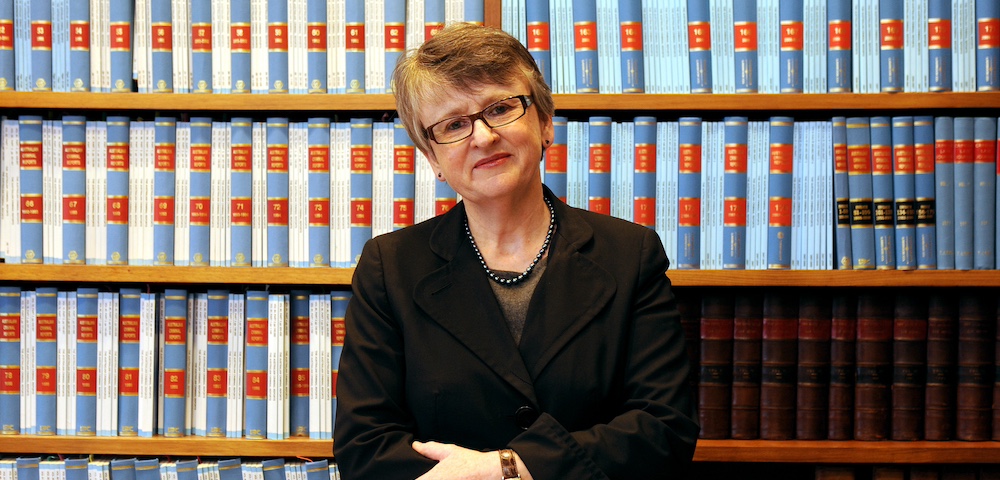
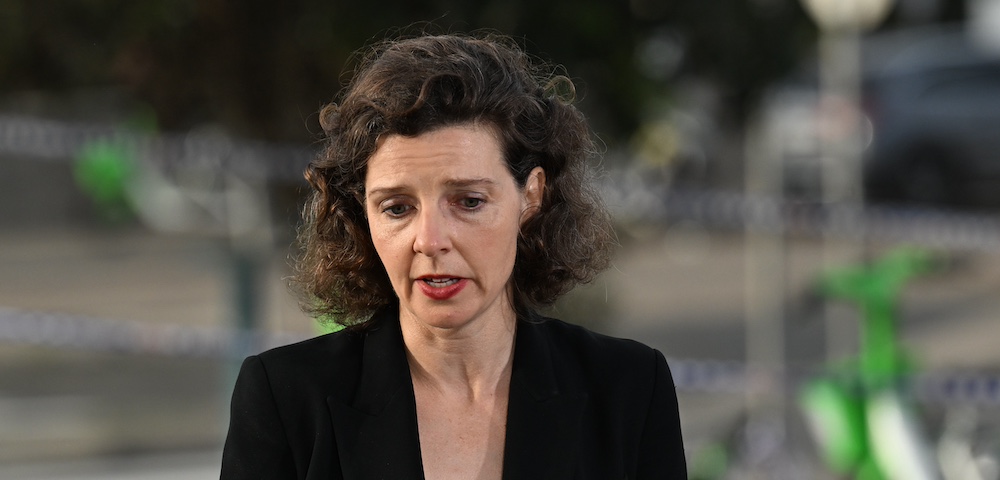

No, of course not. Why should they?
Although the precise biological reasons for being straight or gay or trans are far from understood, twin studies strongly suggest that whatever the case there are more than just genetic factors at play – our environment (whether in utero, or in childhood or adolescence) would also seem to be a strong determinant.
Being intersex often means not being XX or XY too, a detail you’ve entirely overlooked in your question which pretends these are the only two options.
We don’t know the mechanisms as to why some people are flamboyantly gay, others are so-called “normal” (terrible word to use but hopefully you know what I mean in this specific context) but to the extent they are genetic they are very unlikely to relate to either the X or Y chromosome – simply mathematically because these are among the very smallest of the chromosomes and don’t contain a lot of genes.
What I find amusing about these law changes is that, as we saw during the marriage debate, Christians love to whinge about not having vilification laws which cover them (some states do, I live in SA where there’s no such law). BUT as I learned myself in the early 2000’s when I worked for a state MP is that when a government tries to bring in a religious vilification law the strongest opponents (writing many letters to MPs or newspapers etc) are Christians who hate the idea they have to stop bagging out the Muslims and the Jews.
I remember laughing non-stop as I drafted a letter-in-reply to a local Christian about this very issue. He was a regular writer to our office, we’d gotten to know him, he was a real Ned Flanders type and he had written to us because his pastor had told him to and not because he’d really thought through the issue. As I wrote (and my boss who was a very principled guy, signed off on), we were supporting the bill because it protected religious minorities like the Jewish community and he wrote a letter of apology back to us, admitting that he was descended from Jews as recently as 900 years ago in Spain.
Calling out Christian hypocrisy is like shooting fish in a barrel. It’s so simple it’s hardly even fun.
Can feelings of being or identifying as LGBTI change the xx or xy chromosome?
Long Overdue!